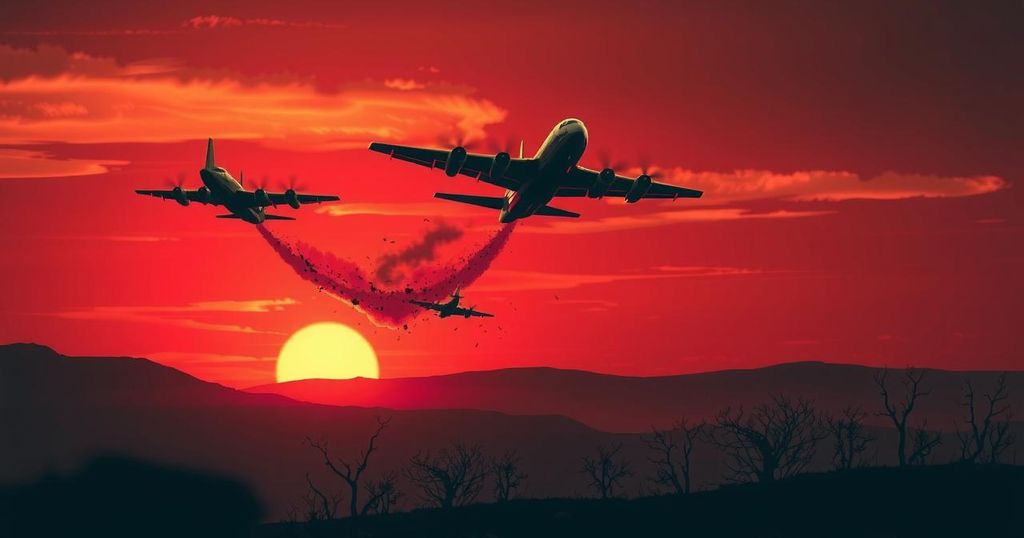Could North Koreans Working in Iran Have Been Killed or Wounded in the Weekend’s Attacks?

Recent U.S. strikes on Iranian nuclear sites raise concerns about potential casualties among North Koreans hired to assist in military programs. Analysts warn that if North Koreans were injured or killed, it could provoke retaliation against the U.S. South Korea’s president has canceled international meetings and initiated emergency protocols amid rising regional tensions.
In light of recent U.S. military actions against Iran’s nuclear sites, questions have emerged about the potential impact on North Korean personnel stationed there. Discussions among experts suggest a grim possibility that North Koreans could have been either killed or injured due to the bombings carried out by American B-2 bombers and Tomahawk missiles. Bruce Bennett, an analyst at the RAND Corporation, indicated in an interview that the situation poses significant risks for North Korea, particularly if casualties occur among their experts assisting Iran’s weapon development.
Bennett noted that despite North Korea’s public condemnation of the attacks, the regime has a history of covertly aiding Iran in enhancing its nuclear and missile capabilities. He mentioned that disclosure of any North Korean casualties might lead Kim Jong-un to retaliate against the United States, further escalating tensions. Moreover, Bennett highlighted that Kim’s fears of repercussions may inhibit him from admitting any involvement in Iran’s nuclear initiatives, potentially turning the situation into a matter of national pride for the regime.
As the South Korean government watches these developments with unease, President Lee Jae Myung has canceled his attendance at an upcoming NATO summit. Lee is prioritizing the implementation of an emergency response to the rising tension in the Middle East, as reported by Seoul’s Yonhap News. This decision reflects an overarching regional trepidation following the bombings, especially with historical context bearing down on inter-Korean relations dating back to the Korean War.
Considering the extensive network of North Korea’s nuclear capabilities, experts are weighing the risk of U.S. strikes reaching their facilities. Evans Revere, a former senior diplomat, articulated skepticism over the effectiveness of such a strike, asserting that North Korea maintains numerous nuclear warheads dispersed across its territory. He emphasized that a U.S. attack would be unlikely to neutralize all these weapons, given the regime’s established status as an actual nuclear power, rather than a potential threat like Iran.
Revere underscored the significance of North Korea’s military ambitions, noting that the nation has aggressively pursued the expansion of its nuclear arsenal, while hardening its facilities against potential assaults. He remarked that for North Korea, nuclear armament is not just about power but essential for its survival in an increasingly hostile geopolitical landscape.
In summary, the toll of recent American military strikes against Iran’s nuclear facilities could indeed extend to North Koreans working there. Experts like Bruce Bennett suggest that such an outcome might provoke a response from the North Korean regime, potentially complicating already fraught U.S.-North Korea relations. Meanwhile, the situation remains fluid, with South Korea’s leadership taking demonstrative steps to prepare for various future contingencies arising from the ongoing tensions in the region.
Original Source: www.nysun.com








